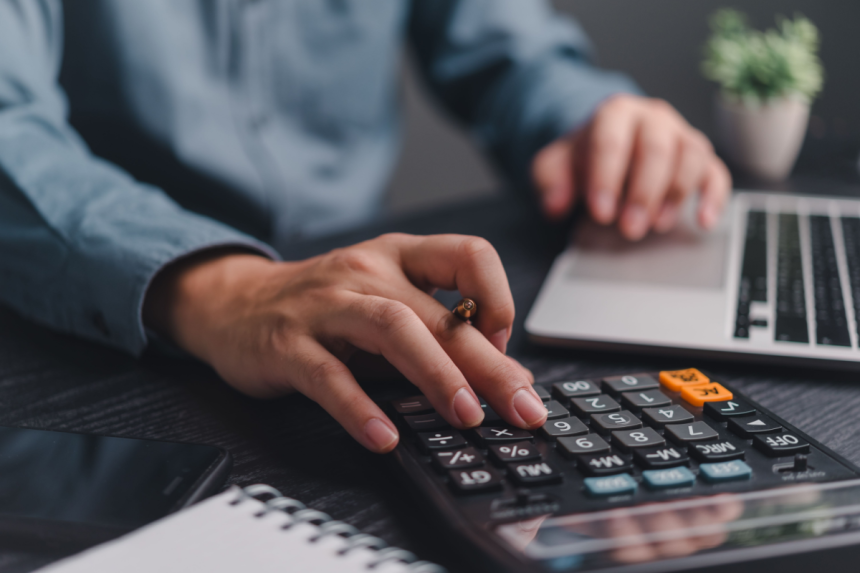When Caution Turns Into Constraint
You’ve done what most financial advisors wish more people your age would do — maxed out your 401(k), contributed to a Roth IRA, built an emergency fund, and participated in the stock market. That’s an impressive foundation for a 30-year-old. But there’s a point where disciplined saving can start to feel more limiting than liberating. The question you’re asking — whether you’re playing it too safe — is a healthy one.
If your financial basics are covered, a small degree of personal risk-taking can actually serve you well. Whether it’s funding a creative side project, investing in a friend’s idea, or taking a sabbatical to explore something new, these moves can generate returns that aren’t purely financial — they’re experiential, personal, and growth-oriented.
Understand the Real Risks
Before you move any money, though, it’s important to set expectations. As certified financial planner Kate Feeney from Summit Place Financial Advisors explains, if you’re backing a friend’s startup or side hustle, “you will probably never see that money again.” The odds of doubling your investment are slim, and many early-stage or personal ventures end in losses — not profits.
That doesn’t mean you shouldn’t do it. Feeney encourages viewing these investments as investments in happiness, not wealth: hobbies, creative pursuits, or projects that make you feel fulfilled. Her rule of thumb? Keep these investments to under 10% of your “fun” money, and assume the amount could go to zero.
Keep Your Financial Foundation Strong
To balance security with flexibility, make sure you’ve hit a few financial milestones first:
- By 30, aim to have roughly one year’s salary saved in retirement accounts.
- Maintain an emergency fund covering at least six months of expenses.
- Hold a diversified portfolio — consider ETFs tracking the S&P 500 for stability or the Nasdaq 100 for more volatility and growth potential.
Once you meet those criteria, directing part of your income toward more adventurous or creative goals is not only reasonable — it’s healthy. The key is intentionality: plan your risk, don’t stumble into it.
Plan Your Play Money
Certified financial planner Nancy Listiawan of Veral Wealth says financial anxiety often comes from “not having a plan.” She recommends building a small, specific budget for personal projects or experimental investments. That way, it’s a planned expense, not a regretful one.
Decide in advance how much you can allocate each month to nontraditional goals — travel, hobbies, small ventures — and treat it like any other recurring budget line. You’ll stay within your limits while still giving yourself permission to take meaningful risks.
Money as a Tool for Living
It’s easy to treat money as a scorecard for how responsibly you’re managing your life. But money is also a tool — for stability, yes, but also for joy, growth, and purpose. You can save for your future and still invest in experiences that make life richer now.
Running out of money in your 70s would be tragic. But so would living your 30s so cautiously that you miss out on the moments that make those savings worth it.






